Here's What You Need To Know About The Viral "Hair Oiling" Trend

I love all things beauty, especially when it comes to learning and trying different beauty trends. This year, I decided to enter my ~hair health era~ and really show my locks some TLC. I'm using weekly hair masks and less heat on my hair, and am eventually returning to my natural hair color (right now, I have a head of highlights).
So when I repeatedly saw people on social media raving about the benefits of hair oiling — which is massaging oil into your scalp for supposed hair growth, shine, and strength — I knew I had to dig deep and learn what this trend was all about.
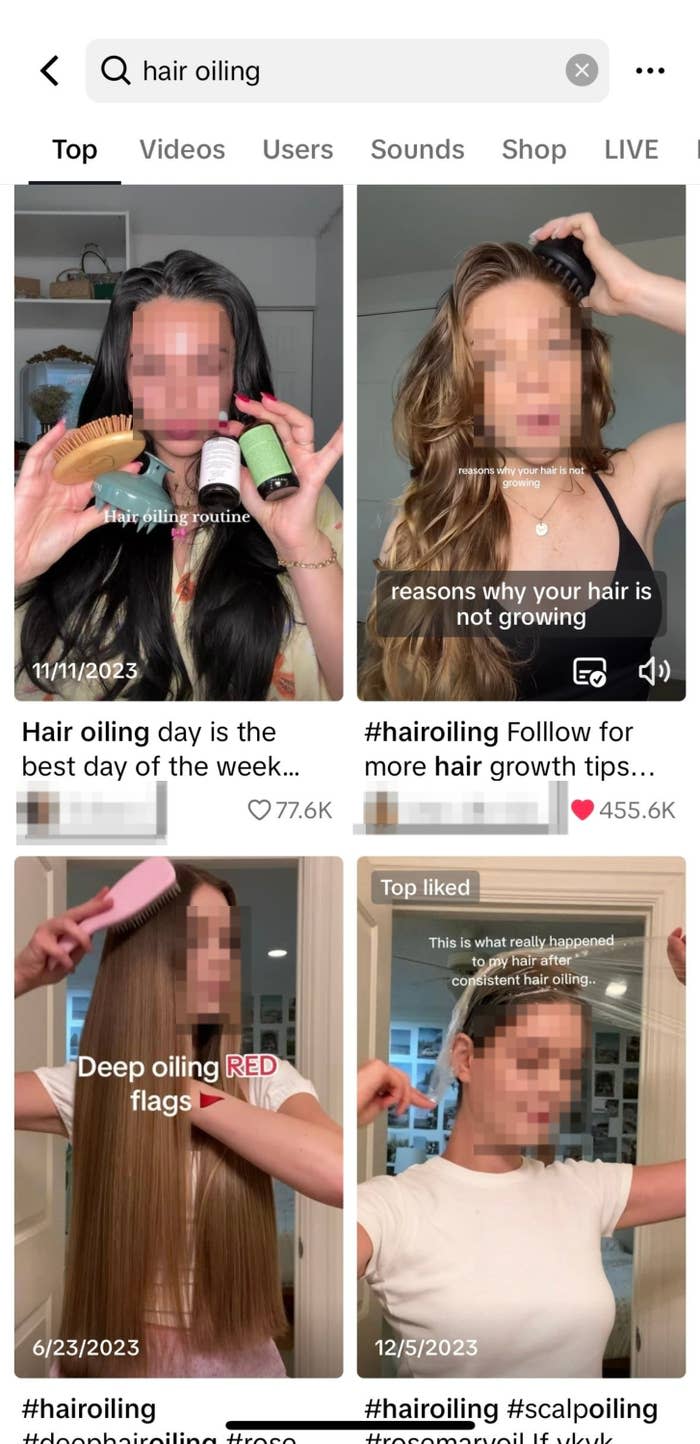
Like many beauty trends on social media, hair oiling isn't anything new. "Applying oils to the hair [and scalp] has been around for centuries and is thought to have originated in India and other areas in South Asia," Dr. Marisa Garshick, MD, FAAD, a board-certified dermatologist and clinical assistant professor at Cornell–NewYork-Presbyterian, explained to BuzzFeed.
The practice of massaging hair in oil is called "champi" in India, and it originates from Ayurveda — the ancient Indian medical system — as explained by Anita Kaushal, founder of Mauli, in a Harper's Bazaar interview.
Anyone can benefit from hair oiling and a scalp massage, but the type of oil you use is important and can vary based on your scalp concerns and hair type.
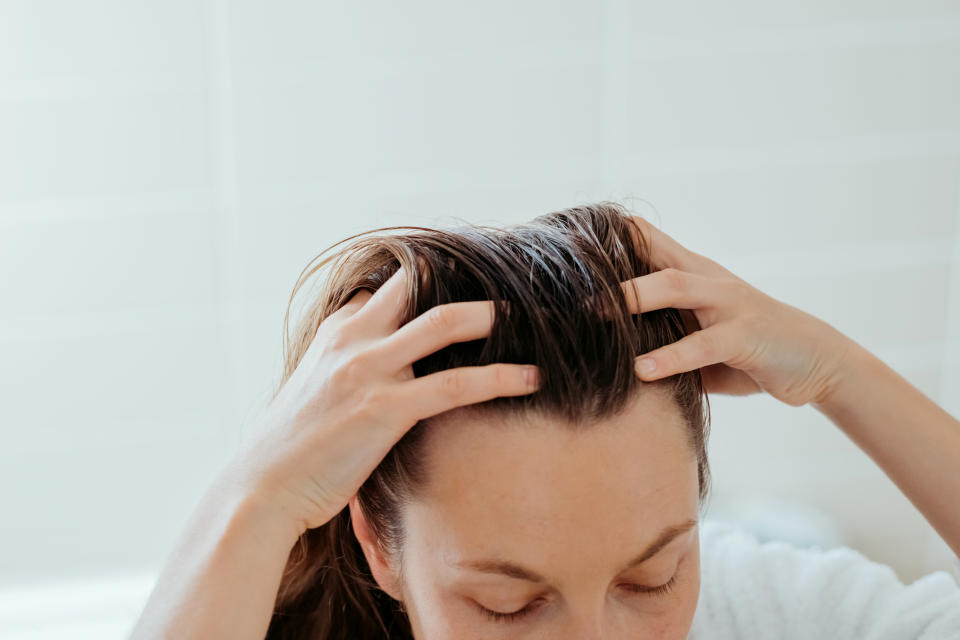
"For those with dry hair, [any nut oil such as] coconut oil is a great option that is rich in fatty acids, and argan oil because it is rich in omega-3 fatty acids. Jojoba oil may be considered for those with fine or oily hair as it is lightweight and easily absorbed," explained Dr. Garshick.
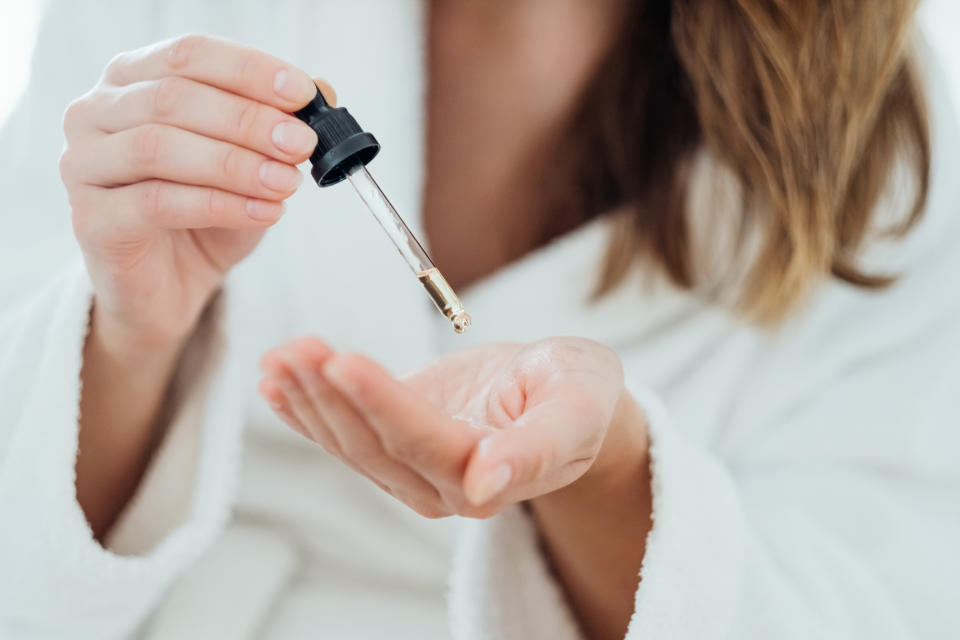
If your goal is hair growth, "rosemary oil may be considered for hair regrowth as one small study found that rosemary oil was as effective as minoxidil 2% at increasing hair count. Castor oil has also been used and shown to support hair growth," Dr. Garshick explained to BuzzFeed.
Minoxidil is the active ingredient in hair loss treatments such as Rogaine.
If you are using rosemary or castor oil, remember to first dilute it before applying it to your scalp. "Any essential oils should be diluted with a carrier oil and not applied directly to the scalp. For example, rosemary and castor oil should be diluted with a carrier oil such as coconut or jojoba oil," advised Dr. Garshick.
Overall, when looking for an oil to use for this practice, Dr. Garshick recommends cold-pressed oils because "there is less processing, so it leaves behind a lighter, cleaner, and thinner form of oil which is abundant in nutrients and vitamins."

How you apply your oil is just as important as the type of oil you use. You should not saturate the scalp with oil but instead apply a few drops in different sections of your hair, followed by a gentle scalp massage. "Depending on the specific oil and treatment goal, the oil may be left on for minutes, hours, or overnight and washed out in the morning," said Dr. Garshick.
Once you figure out which hair oil is right for you, consider your hair type when deciding which shampoo to wash out the oil. "While any shampoo can be used following hair oiling, some people find using a clarifying shampoo or detox shampoo helps to remove the oil most effectively," she added.
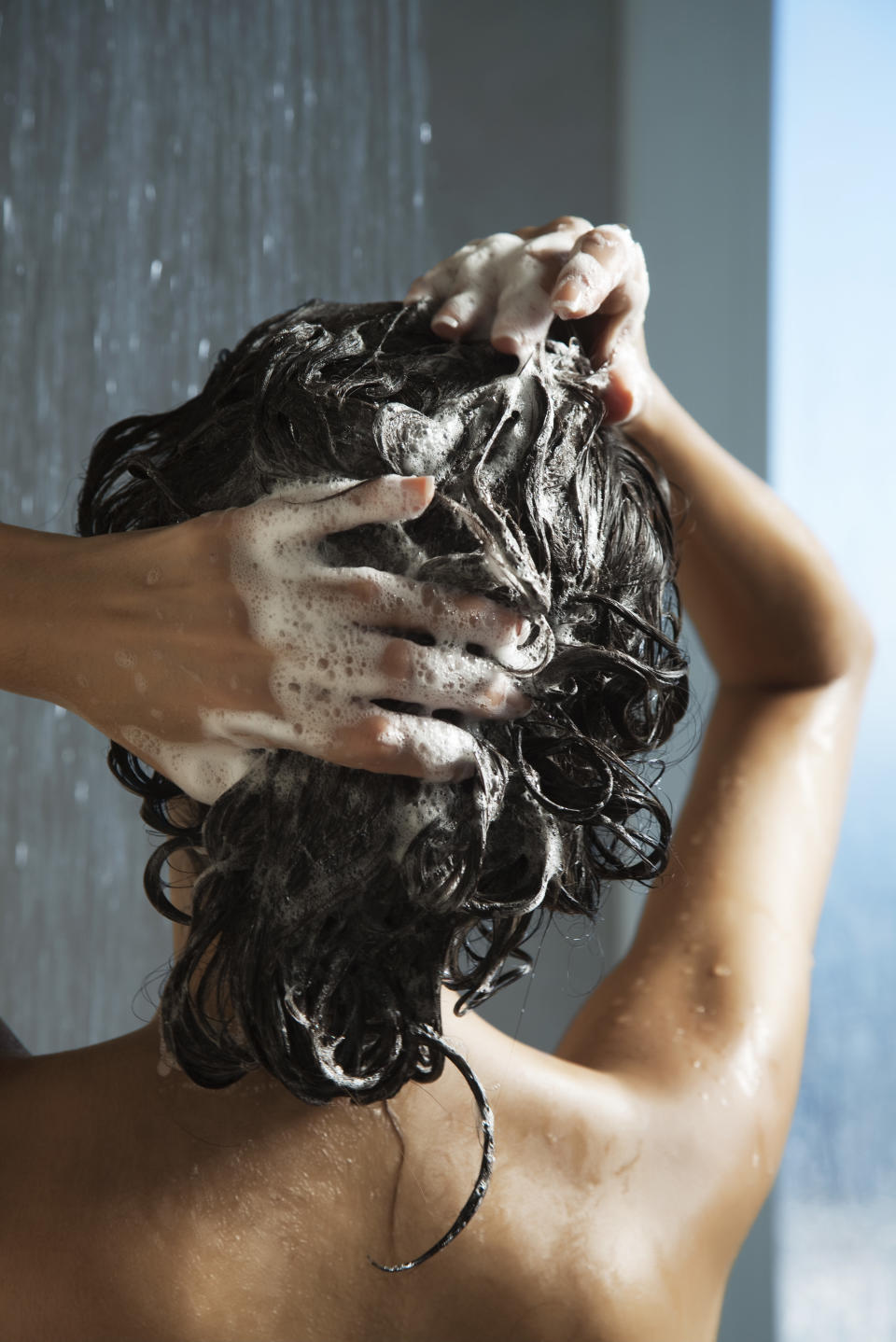
To reap benefits including softening and smoothing the hair strands, retaining moisture for the hair, helping with inflammation or flaking on the scalp, and reducing frizz, according to Dr. Garshick, hair oiling can be done one to two times per week.
I've been doing hair oiling for the last couple of weeks. I only wash my hair every 7–9 days, so I've only tried this technique a few times — using organic coconut oil — but I do feel like I've seen some small improvements in my scalp, which is often dry and a little flaky. So far, my scalp seems to be less flaky and more hydrated overall. I can't tell if it's made an overall difference with my frizz or dry ends, but I'm eager to continue doing this pre-hair wash for the next several months.
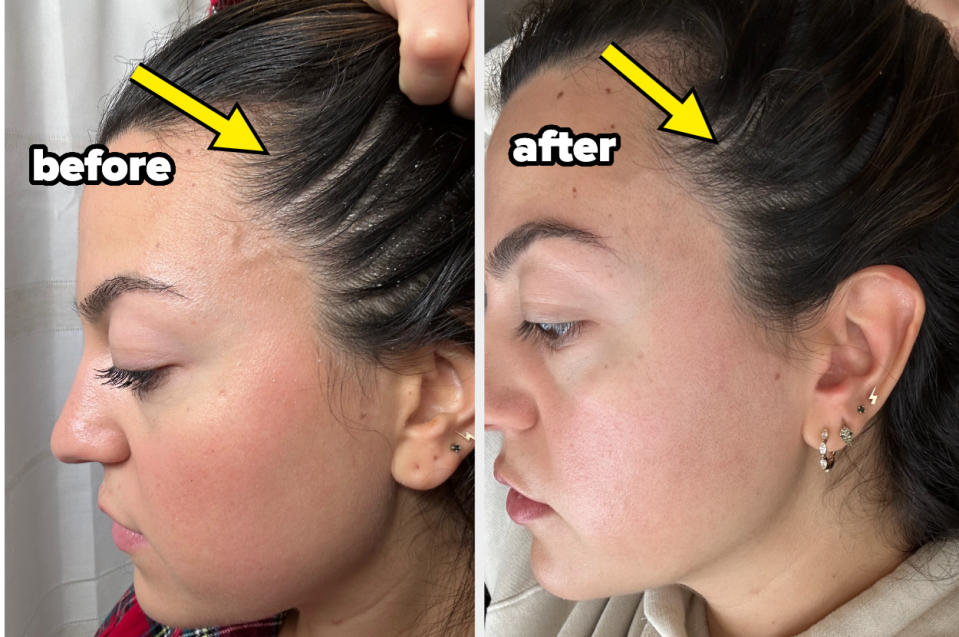
With anything beauty-related, it's always best to do your research first, familiarize yourself with your hair type and concerns, and if you have any additional questions before partaking in a hair trend, consult with an expert.
Have you ever tried hair oiling? If so, share your experience with me in the comments below!